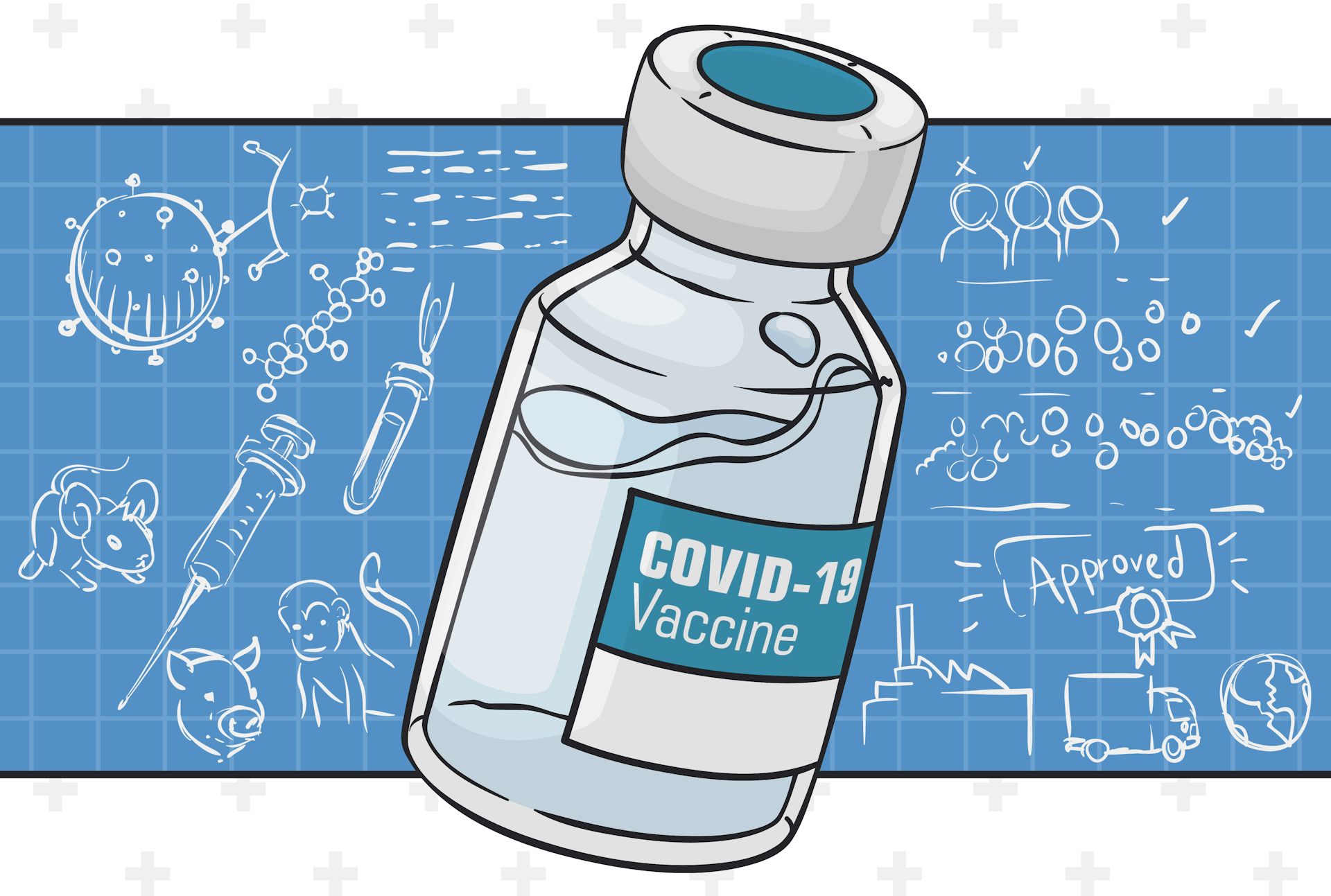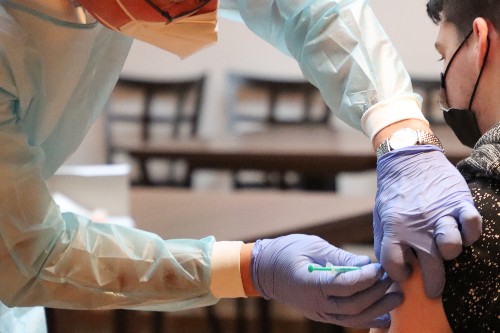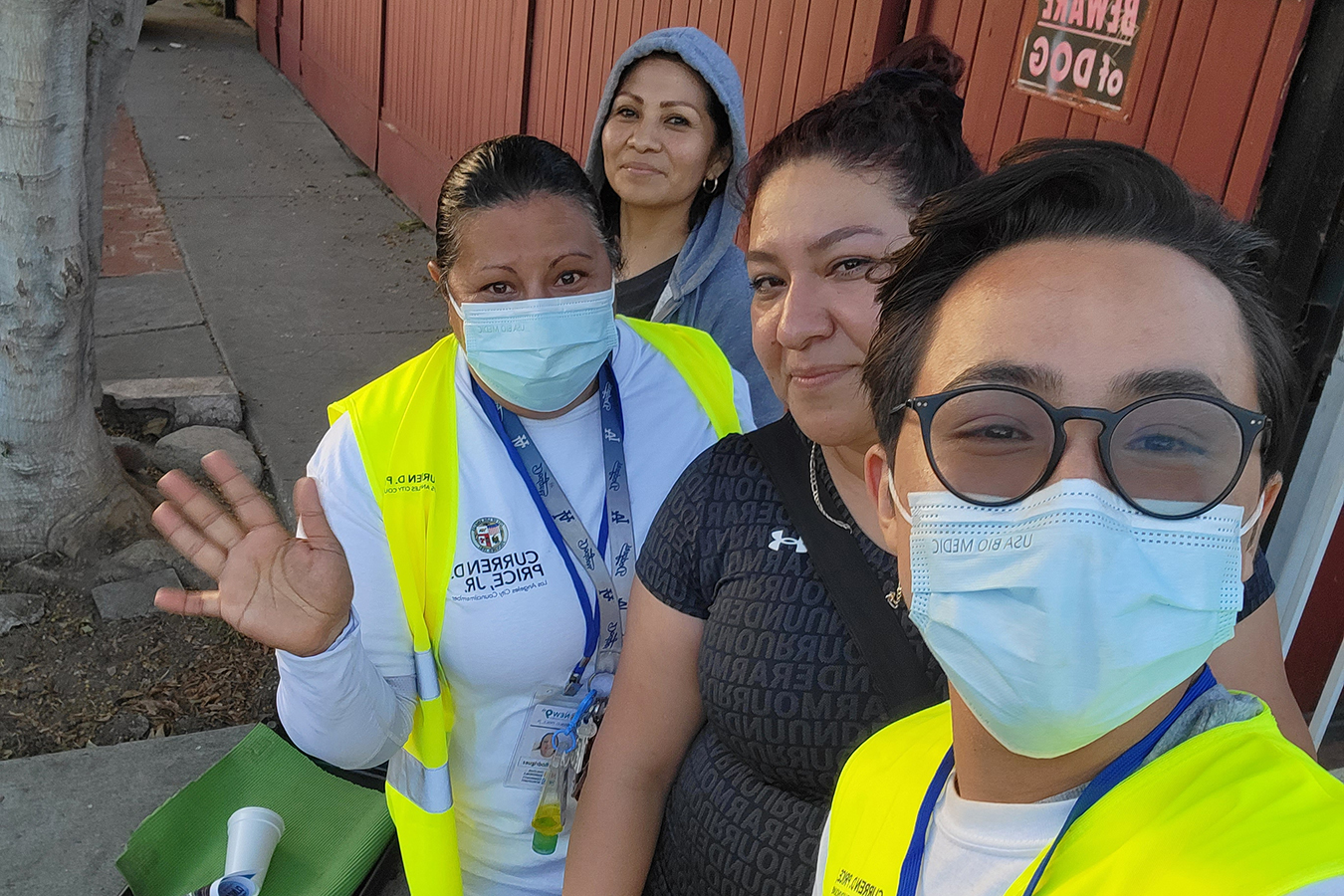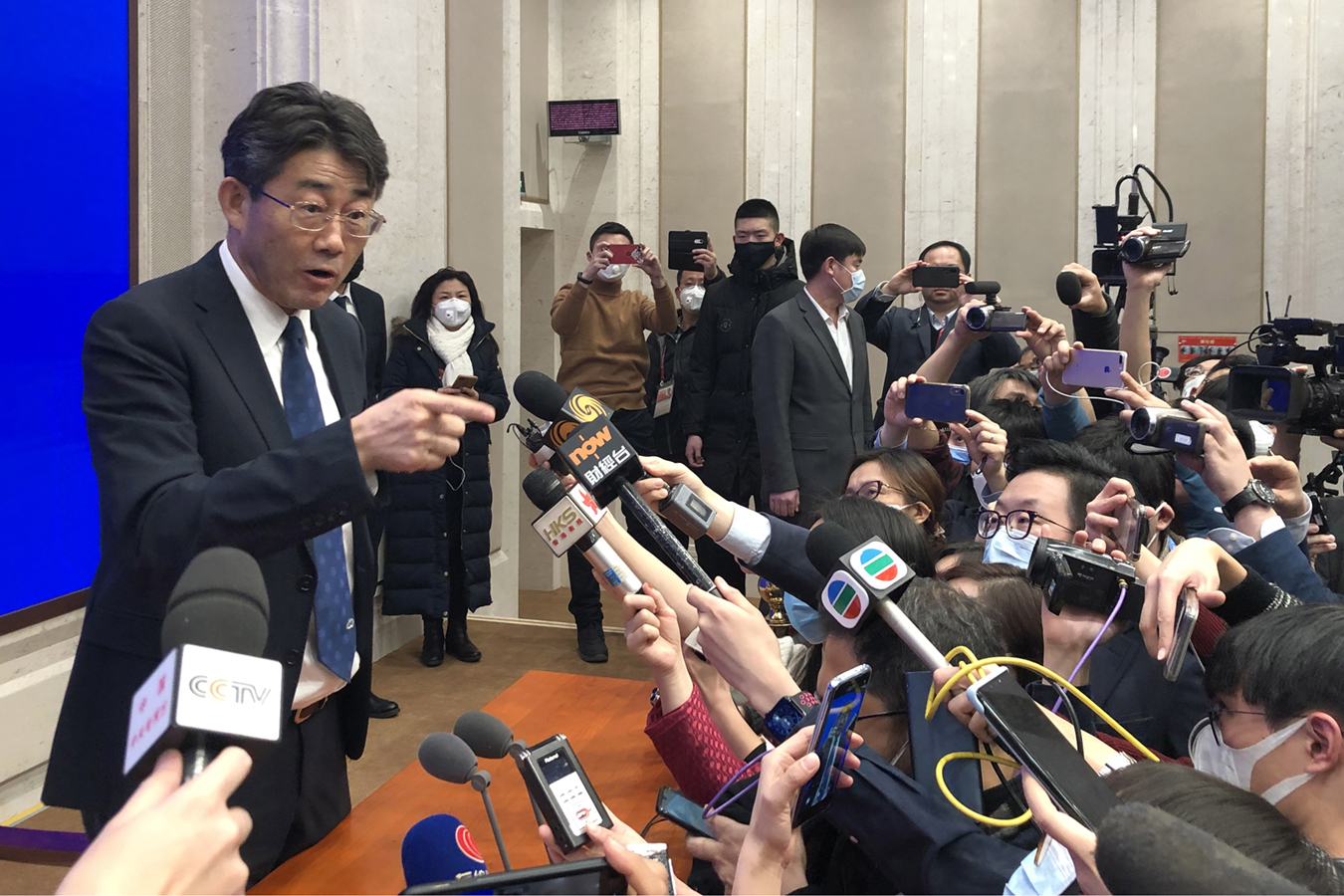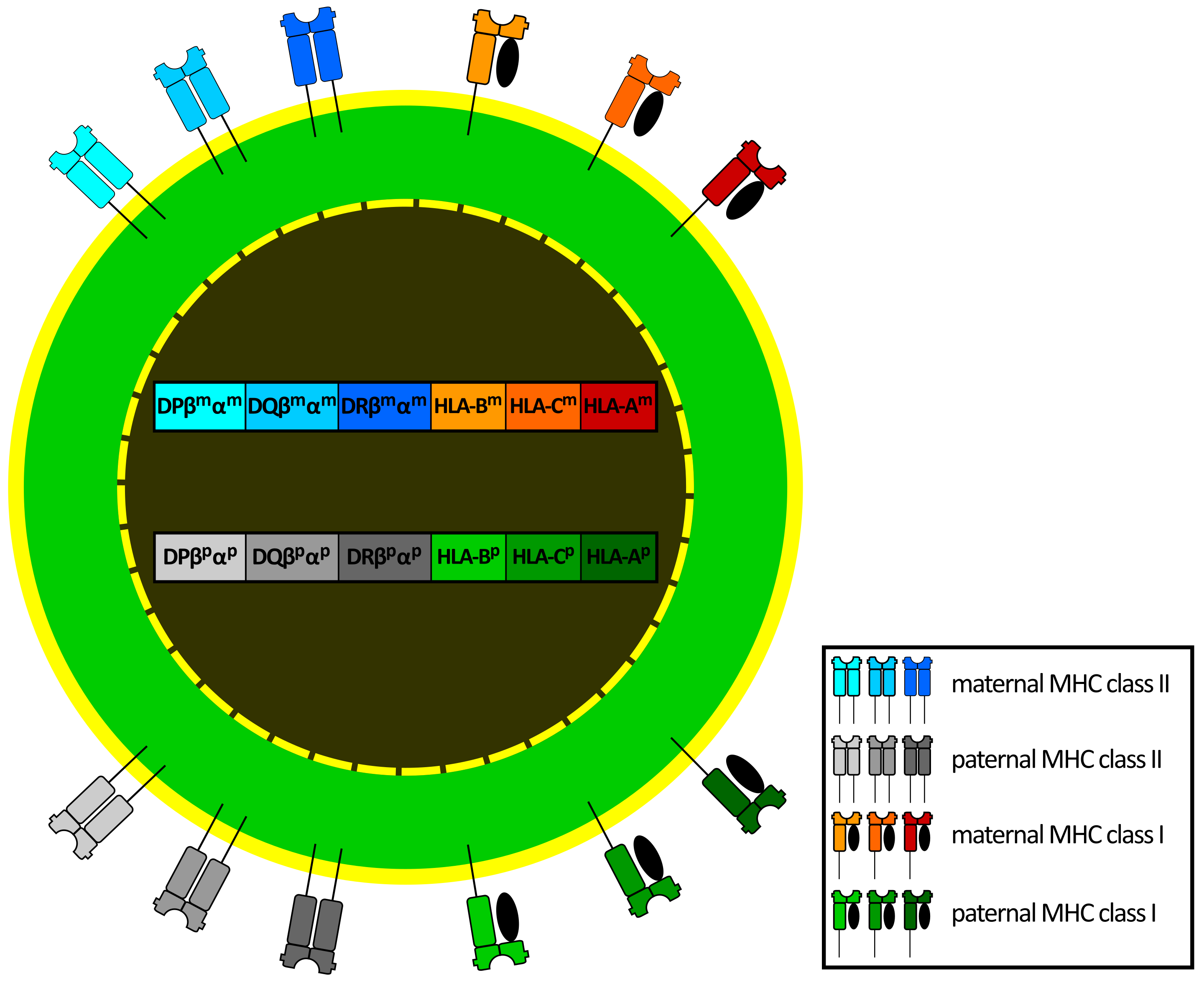The COVID-19 pandemic increased our feelings of paranoia, particularly in states where wearing masks was mandated, a new Yale study has shown. That heightened paranoia was particularly acute in states where adherence to mask mandates was low, the researchers report July 27 in the journal Nature Behavior. Increased feelings of paranoia were also associated with...
Health
New Covid-19 Vaccine Warnings Don’t Mean It’s Unsafe – They Mean the System to Report Side Effects Is Working
While the COVID-19 vaccines currently available in the U.S. have been proved to be safe and effective, recent reports of rare adverse events, or side effects, have raised concerns. On July 12, 2021, the Food and Drug Administration approved an update to the Johnson & Johnson COVID-19 vaccine fact sheet to include an increased risk...
Highlighting the Effectiveness of the Covid-19 Vaccines Could Hold Key to Converting Doubters
Informing people about how well the new COVID-19 vaccines work could boost uptake among doubters substantially, according to new research. The study, led by the University of Bristol and published in the British Journal of Health Psychology, shows the importance of raising awareness of vaccine efficacy, especially if it compares very favourably to another well-established vaccine. The...
A Third of Teens, Young Adults Reported Worsening Mental Health During Pandemic
As typical social and academic interaction screeched to a halt last year, many young people began experiencing declines in mental health, a problem that appeared to be worse for those whose connections to family and friends weren’t as tight, a new study has found. In June 2020, researchers invited participants in an ongoing study of...
Without Enough Boots on the Ground, California’s Vaccination Efforts Falter
Gov. Gavin Newsom routinely boasts that California has “one of the highest vaccination rates in the United States of America.” But Newsom, facing a recall election this fall, rarely mentions that the state’s covid vaccine uptake has largely stagnated in Black and Latino neighborhoods hardest hit by the coronavirus, and in rural outposts where opposition...
Analysis: Why We’ll Likely Never Know Whether a Covid Lab Leak Happened in China
Early in this century, post-SARS, and in a period when China started allowing more students and scientists to study abroad, collaboration and exchange between American and Chinese scientists blossomed. Many of China’s top scientists today were educated in the West. These include George Gao, the head of China’s Center for Disease Control and Prevention, who...
Adolescent Marijuana, Alcohol Use Held Steady During Covid-19 Pandemic
Adolescent marijuana use and binge drinking did not significantly change during the COVID-19 pandemic, despite record decreases in the substances’ perceived availability, according to a survey of 12th graders in the United States. The study’s findings, which appeared online on June 24, 2021, in Drug and Alcohol Dependence, challenge the idea that reducing adolescent use of...
Study Confirms the Low Likelihood That SARS-CoV-2 on Hospital Surfaces Is Infectious
A new study by UC Davis researchers confirms the low likelihood that SARS-CoV-2 contamination on hospital surfaces is infectious. The study, published June 24 in PLOS ONE, is the original report on recovering near-complete SARS-CoV-2 genome sequences directly from surface swabs. “Our team was the first to demonstrate that SARS-CoV-2 virus sequences could be identified from environmental swabs...
Exposure to Nature During Covid-19 Lockdown Was Beneficial for Mental Health
A study carried out by the Institute of Environmental Science and Technology of the Universitat Autònoma de Barcelona (ICTA-UAB) and the Instituto de Saúde Pública of the University of Porto (ISPUP), concludes that exposure to natural spaces during the first COVID-19 lockdown in 2020 was beneficial for the mental health of Spanish and Portuguese citizens....
Gene Protection for Covid-19 Identified
The first evidence of a genetic link explaining why some people who catch Covid-19 don’t become sick has been discovered A scientific and medical team led by Newcastle University, UK, has demonstrated that the gene, HLA-DRB1*04:01, is found three times as often in people who are asymptomatic. This suggests that people with this gene have...


